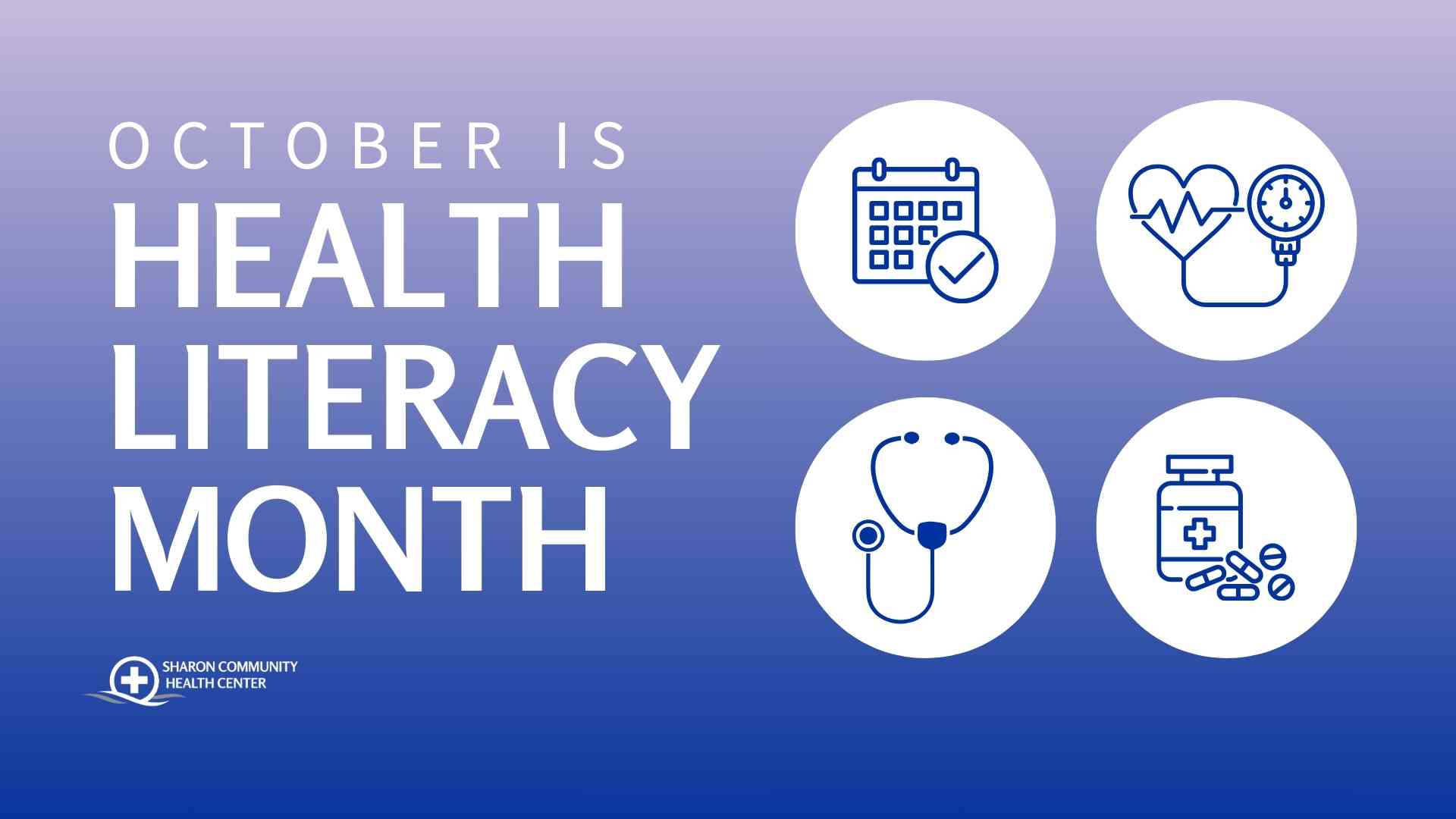
What Is Health Literacy and Why is it Important?
Health literacy is the degree to which individuals can find, comprehend, and use the information and services needed to make informed health decisions. It includes understanding medical instructions, navigating healthcare systems, and knowing how to ask the right questions during a doctor’s appointment. A strong foundation in health literacy helps you manage your health more effectively, avoid miscommunication, and make choices that lead to better outcomes.
When you have strong health literacy skills, you are more likely to:
- Follow prescribed treatments correctly
- Understand your medical conditions and the care you receive
- Make informed decisions about your health and well-being
- Reduce the risk of chronic diseases by actively engaging in preventive care
- Confidently navigate the healthcare system and advocate for your needs
Tips for Improving Your Health Literacy
Improving your health literacy empowers you to take an active role in your healthcare. Here are some practical steps to boost your ability to understand and use health-related information:
1. Ask Questions
When something is unclear during a medical appointment, don’t hesitate to ask your healthcare provider to explain it in simpler terms. Medical jargon can be overwhelming, and it’s okay to ask for clarification. Your provider is there to help you understand every aspect of your care, so ask questions until you feel confident in your understanding.
2. Use the “Teach-Back” Method
The teach-back method is a simple yet highly effective way to ensure you fully understand the information your healthcare provider has shared. After your provider explains something, repeat it back in your own words. For example, you might say, “So, just to make sure I understand, I should take this medication twice a day with food, correct?” This allows the provider to confirm or correct your understanding and ensures that you leave the appointment with clear instructions.
The teach-back method is particularly helpful when discussing new diagnoses, treatment plans, or medication instructions. By restating the information, you actively engage in the conversation, which improves your retention and confidence in managing your care.
3. Bring a List
Organizing your thoughts before a healthcare visit can help you get the most out of your time with your provider. Keep a list of your symptoms, medications, and any questions or concerns you have. Having everything written down will not only make the appointment more efficient but also ensure you don’t forget anything important. It’s helpful to prioritize your most pressing concerns so that you address them early in the conversation.
4. Use Reputable Sources
When researching your health, it’s essential to rely on credible sources of information. Stick to well-known and trusted resources such as healthcare providers, government health agencies like the Centers for Disease Control and Prevention (CDC) or the National Institutes of Health (NIH), and recognized medical websites like Mayo Clinic or WebMD. Avoid self-diagnosing based on unreliable internet sources, as misinformation can lead to confusion and unnecessary anxiety.
5. Take Notes
During medical appointments, it’s easy to feel overwhelmed by the volume of information shared. Taking notes helps you retain key points and ensures you can refer back to the discussion later. Whether it’s writing down medication dosages, upcoming test dates, or lifestyle recommendations, having these details in writing can help you follow through with your treatment plan.
6. Know Your Rights
Understanding your rights as a patient is a crucial aspect of health literacy. You have the right to be informed about your diagnosis, treatment options, and potential outcomes. You also have the right to seek a second opinion if you’re unsure about a diagnosis or treatment plan. Being aware of your rights enables you to advocate for the best possible care and ensures you are a partner in your healthcare journey.
Our Commitment to Health Literacy
At Sharon Community Health Center (SCHC), we are committed to ensuring our patients have access to the resources and support they need to understand and navigate their healthcare.
“SCHC supports our patients and community in their healthcare journey. Our highly skilled providers and staff meet patients where they are and support the learning, understanding, and goal setting for patients to achieve their attainable goals. This partnership with our patients helps reduce their care gaps, drive down risk of chronic care conditions, and leads to overall better health.” – Sarah Genet, Executive Director, SCHC
As an organization, SCHC strives to reduce barriers and ensure that every patient—regardless of background or health literacy level—feels empowered to take control of their health.
Take the Next Step
As we celebrate Health Literacy Month this October, remember that improving your understanding of healthcare information is the first step toward a healthier, more informed life. Whether you’re asking questions, researching your condition, or working closely with your provider, you are actively contributing to your well-being.
Ready to take charge of your health? Schedule an appointment with one of our providers today, and let’s work together to achieve your health goals!
